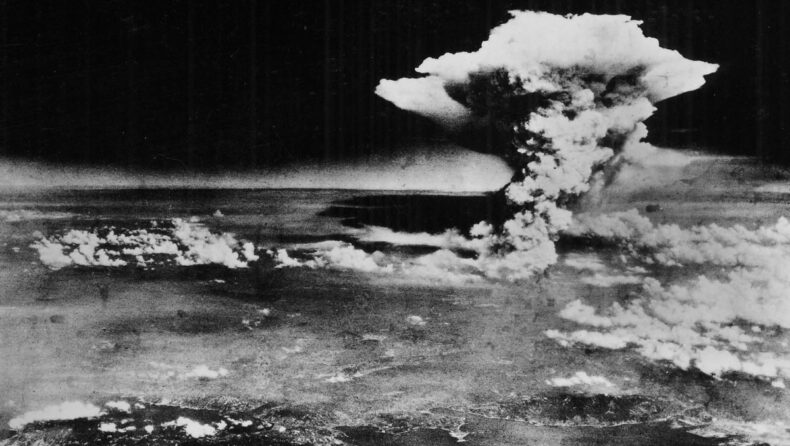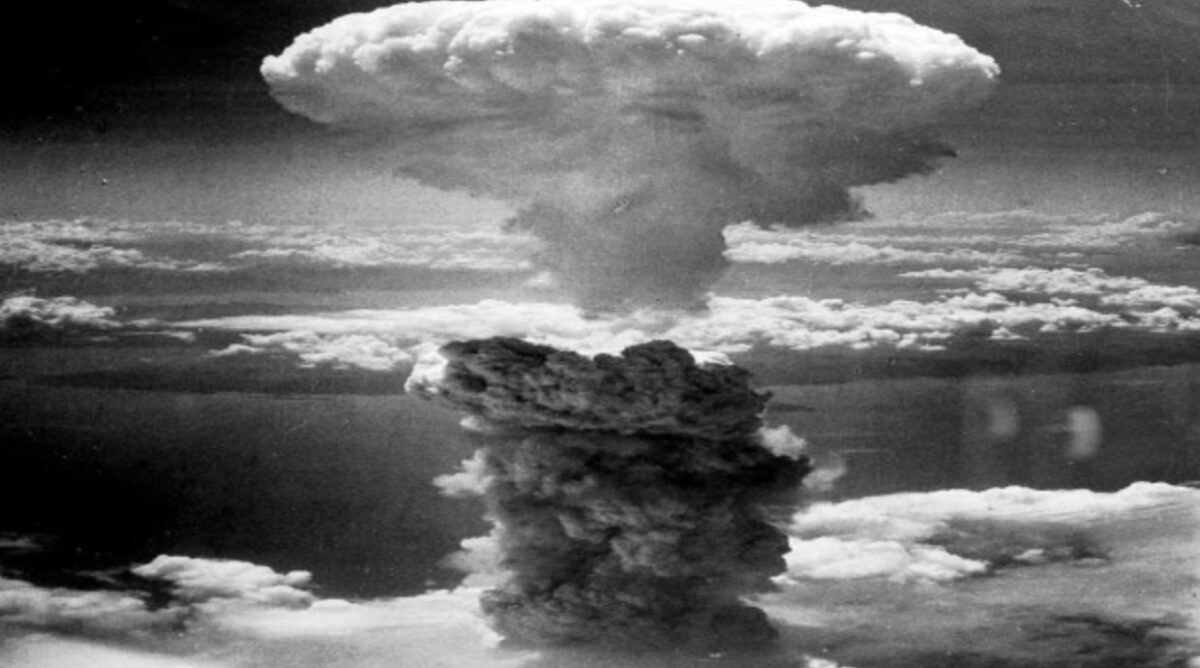
Amidst the popularity of Christopher Nolan’s film Oppenheimer, Japan marks the 78th anniversary of the lethal bombing in the city of Hiroshima which demolished the entire city and killed 1,40,000 people on August 6th, 1945. The historical event stands as a rather grandiose and intimidating reminder of the power of nuclear weapons against humanity and calls for the urgent need for global unity and progress towards nuclear disarmament and peace. On this day, 78 years ago, an blinding flash of light tore through the sky of Hiroshima and the cataclysmic tragedy that followed is one of the worst disasters that humanity has faced since their inception.
The impact on Hiroshima
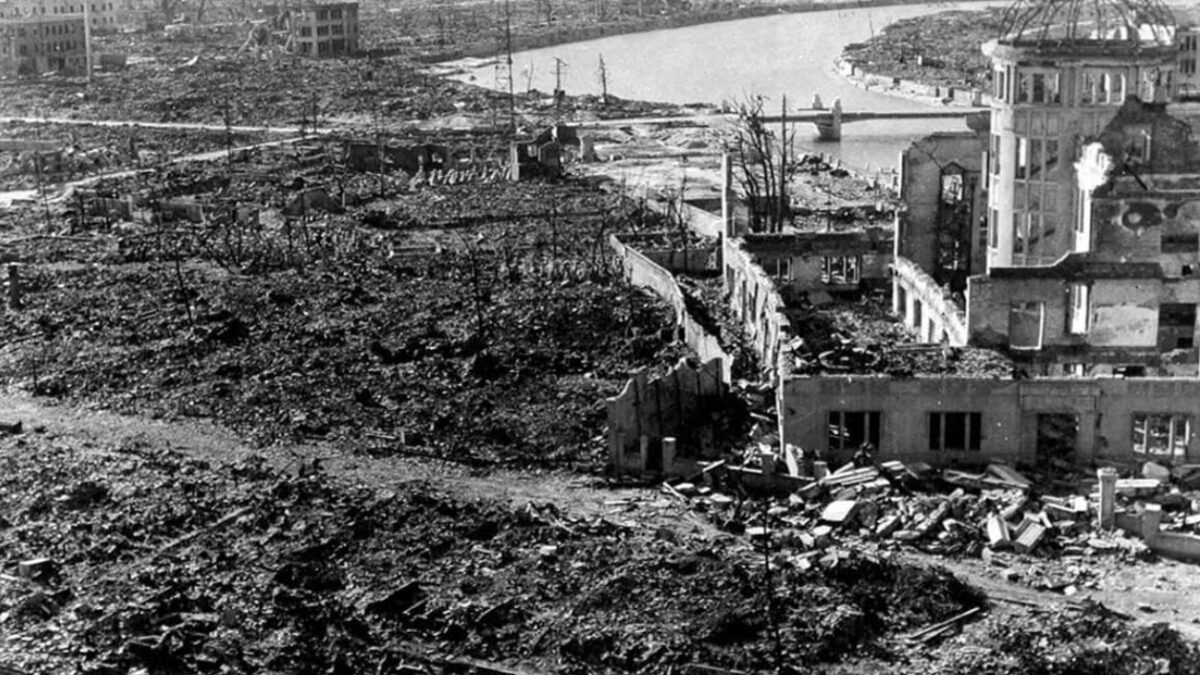
On August 6th, 1945, a US B-29 bomber aircraft flew over the city of Hiroshima and dropped “Little Boy”, the bomb that caused the complete flattening of the city. The uranium bomb used had an explosive yield of about 15,000 tons of TNT. It destroyed buildings and caused deaths of about 140,000 people by the end of 1945, but the long term effects of the bombs seeped through generations and are still prevalent today.
The incident in Hiroshima and Nagasaki both made it impossible for people to receive any sort of aid or help as most of the doctors and physicians in the city were killed by the bomb. 42 of 45 hospitals in Hiroshima were wiped out and most of the victims had severe burns and injuries and were left untreated. A lot of the people who entered the city to assist the victims after the bombings were killed because of the radiation.
Five to six years after the bombings, the cases of leukemia in the cities became more prominent and residents and people in the cities were at higher risk to develop cancers of breast, lung, skin etc. Pregnant women exposed to the bombings had higher rates of miscarriages and deaths of their infants; their children were more prone to develop intellectual disabilities and a higher risk of developing cancer.
Opinions of officials
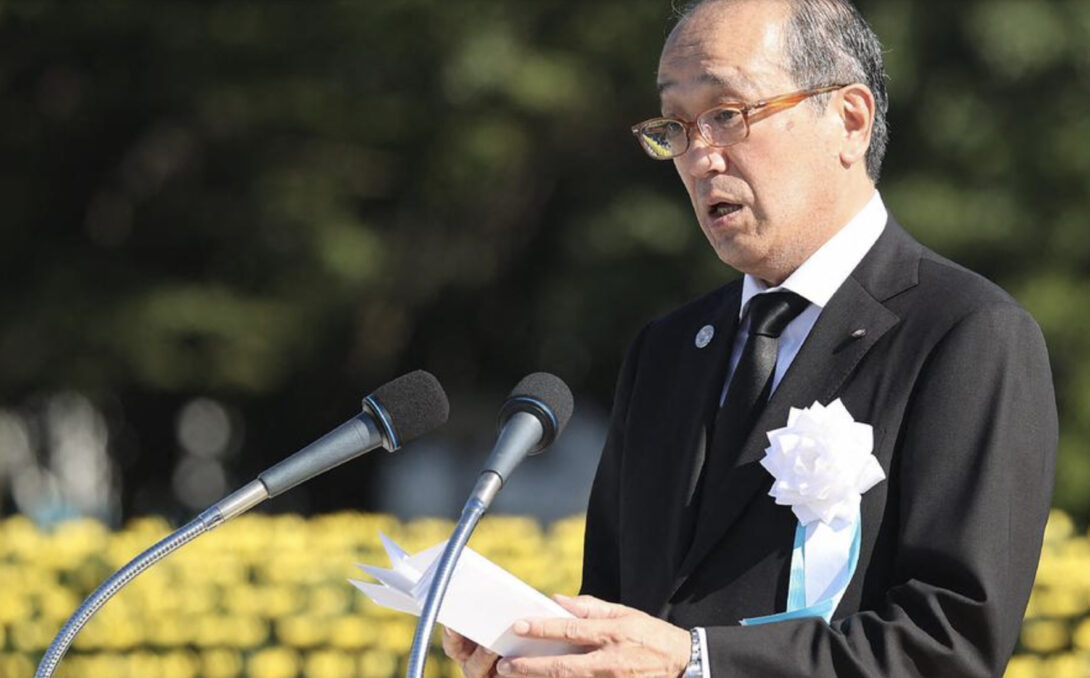
This year, the G7 summit took place in Hiroshima, which happens to be Japan Prime Minister Fumio Kishida’s home constituency. “Japan, as the only nation to have suffered atomic bombings in war, will continue efforts towards a nuclear-free world,” said Fumio Kishida on Sunday. “The path towards it is becoming increasingly difficult because of deepening divisions in the international community over nuclear disarmament and Russia’s nuclear threat.”
The mayor of the city Hiroshima, Kazumi Matsui, said, “Leaders around the world must confront the reality that nuclear threats now being voiced by certain policymakers reveal the folly of nuclear deterrence theory.” On Sunday a peace bell tolled at 8.15am, the time the bomb was dropped. About 50,000 people paid homage to the victims of atomic bombing in Hiroshima
The UN secretary general, António Guterres, vocalized his support. “World leaders have visited this city, seen its monuments, spoken with its brave survivors, and emerged emboldened to take up the cause of nuclear disarmament,” he said in remarks read by a UN representative. “More should do so, because the drums of nuclear war are beating once again.”
Future of nuclear weapons
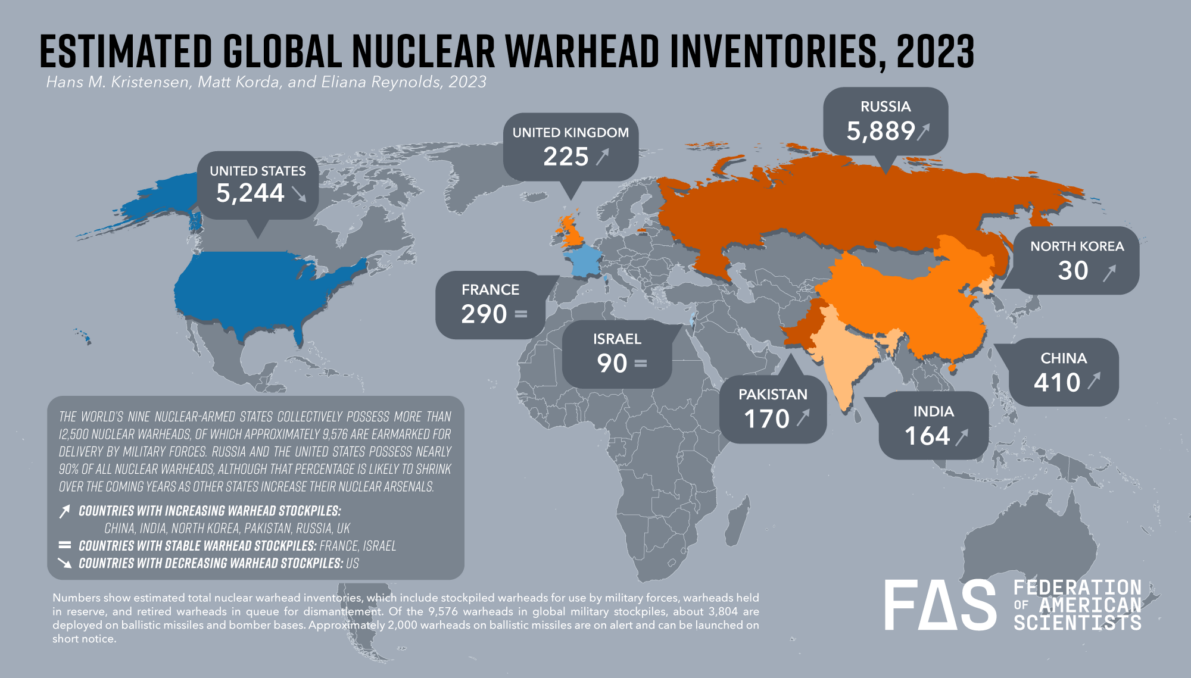
With never-ending tensions between the Koreas and Russia-Ukraine resulting in the increase of nuclear threats, we should all acknowledge the fact that nuclear weapons have grown to be 80 times more powerful than the weapons which were used in the bombing of the Japanese cities. The existence of these weapons in each country’s arsenal is enough a impending reminder about our inevitable doom and how we humans will have to be bear all of the responsibility for it.







